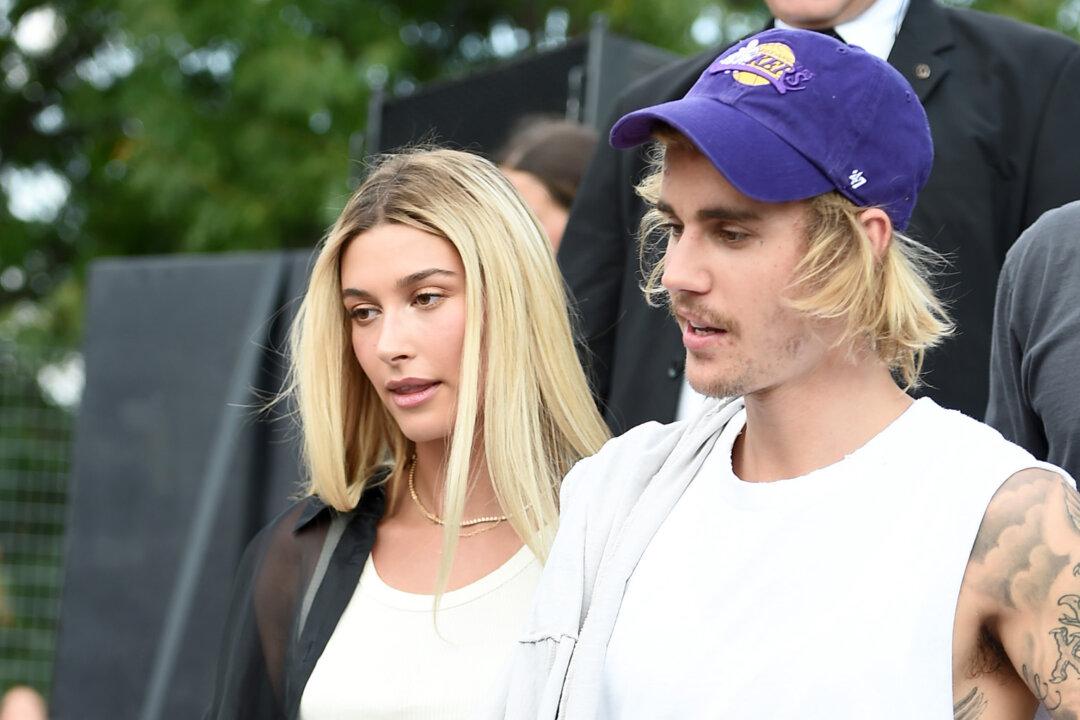Justin Bieber’s wife has given a positive health update to fans after her husband was diagnosed with a rare neurological disorder that caused paralysis on one side of his face.
“He’s doing really well. He’s getting better every single day,” Hailey Bieber said during an interview with Good Morning America that was posted to Twitter on Wednesday. “He’s feeling a lot better and, obviously, it was just a very scary and random situation to happen but he’s going to be totally OK.”





